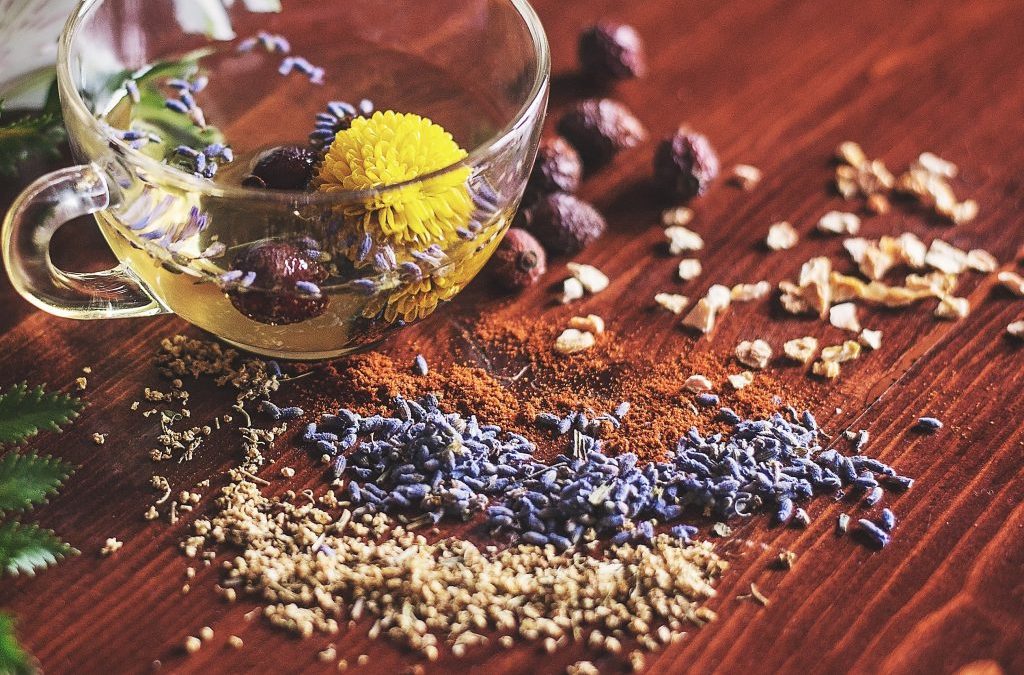In this series on Digestive health, we have discussed alarming facts and statistics of the number of people suffering from digestive issues, why the digestive system is so important and ultimately how the digestive system works.
In this article, we’ll look at the many ways to help the digestive system using natural approaches.
Probiotics: These are the good bacteria that you actually want in your system. They support healthy body systems from your mouth to your gut and help control harmful microorganisms like germs.
Cleanse: Most holistic practitioners recommend cleansing at least 2 times a year. Your body has ways to naturally cleanse so if you choose to cleanse be sure you are monitored by your practitioner.
Whole food supplements: They are the closest thing to food so your body recognizes and can utilize them better than synthetic vitamins.
Eat Real Food: The bulk of your diet should be whole foods, as close to their natural form. Think whole vegetables, whole grains, fruits in season, lean protein
Digestive enzymes: They address similar digestive issues as probiotics but they perform different functions in the body. For one, enzymes are proteins which means that they can actually digest food and are effective at relieving common issues, including occasional gas, bloating, indigestion, heartburn, and general discomfort.
Drink plenty of water: Drinking water during or after a meal actually aids digestion as it helps break down food so that your body can absorb the nutrients. The recommendation is at least ½ your body weight in ounces.
Apple Cider Vinegar: The theory is that drinking one to two tablespoons of apple cider vinegar before meals can aid digestion. It’s believed to increases the acidity of your stomach, creating more pepsin, the enzyme that breaks down protein.
Aloe Juice: contains several enzymes known to help breakdown sugars and fats and to keep your digestion running smoothly.
Herbal Teas: Green tea contains catechins such as EGCG that may help to boost the digestive system. Ginger tea is often used to treat nausea. Additionally, the spicy taste of ginger stimulates the production of gastric juices and digestive enzymes that help break down food.
Essential Oils: Essential oils may help restore our microbiome, improve our digestion, and nutrient absorption.
- Peppermint essential oil – helps relax the muscles of the intestines to assist digestion and reduce bloating and gas.
- Ginger essential oil – helps maintain optimal digestive function and reflex regulation of the GI tract. Boosts nutrient absorption by stimulating
- Oregano essential oil – helps the secretion of digestive juices and balancing out the gut microbiome.
Reishi Mushroom infused coffee: The active ingredients the Reishi mushroom (Ganoderma lucidum)mushroom can change bacteria in your stomach for the better..
I have used these recommendations with many patients and they have experienced great success and improvement with their digestive issues.

Since 2006, Dr. Melissa Brennan and her husband, Dr. Jarrod, have focused on caring for your entire family. Dr. Melissa has certifications in Pediatrics, Pregnancy, Webster Technique, Acupuncture, and Nutrition Response Testing.
In 1997, Dr. Melissa was diagnosed with Systemic Lupus Erythematosus. After many years of being on medications and suffering from complications (such as kidney disease, arthritis, sun sensitivity, butterfly rash, and extreme fatigue), she was motivated to find a more natural approach to treating her disease. She became a Doctor of Chiropractic in 2004 which started her on the road to a healthier, drug-free lifestyle.
Today, Dr. Melissa’s lupus is in complete remission. She attributes her health to Chiropractic, Acupuncture, a Whole Food Diet, and Nutritional Supplements. She has taken what most consider an “unfortunate disease of lupus” and turned it into a huge blessing and wonderful opportunity to help others seek more natural ways to improve their health and maintain it for a lifetime.

